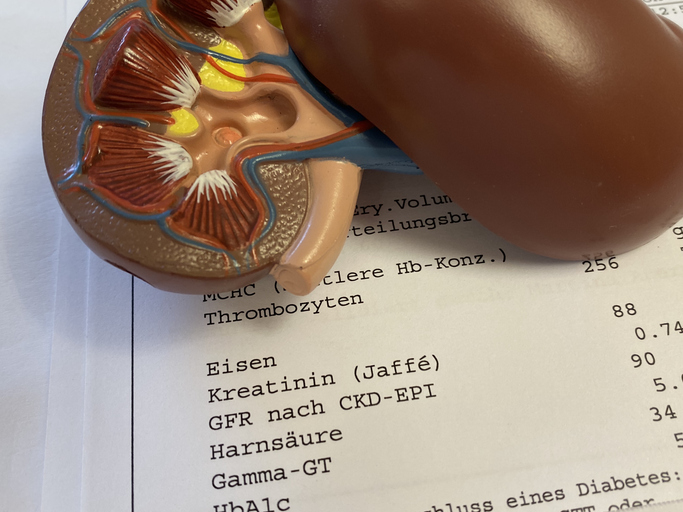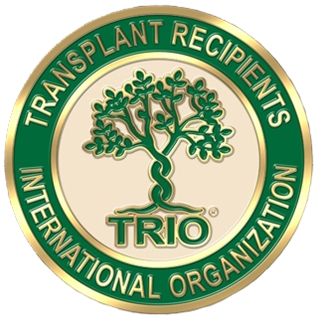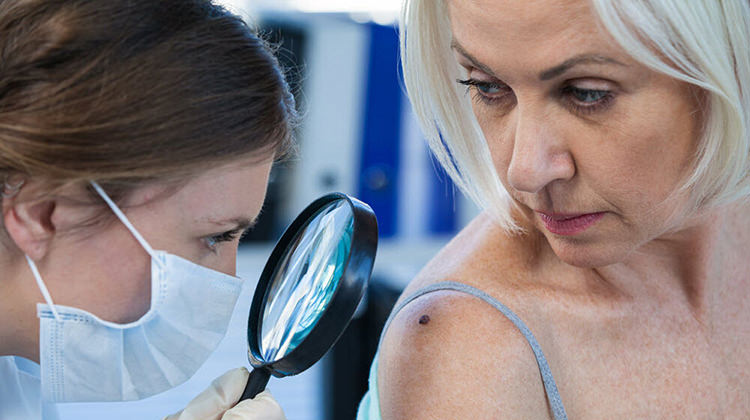Loading
“Natural immunity and vaccine responses may be weaker in people with immune suppression, so they should get their second dose promptly
A majority of people with cancer and organ transplant recipients are capable of mounting an immune response to the SARS-CoV-2 coronavirus and can gain immunity from COVID-19 vaccines, according to recent research. But people with immune suppression may have slower and weaker responses to natural infection or vaccination, so it is especially important that they get their second dose on schedule.
People with serious immune suppression are at risk for more severe complications and death due to COVID-19. This group includes cancer patients who use immune-suppressing therapy, transplant recipients who take immunosuppressive drugs to prevent organ rejection and people with AIDS (advanced, uncontrolled HIV disease).
It is well known that immunosuppressed people can have weaker immune responses to natural infection and vaccination, but SARS-CoV-2 immunity in this population is not well understood. What’s more, cancer patients on treatment and other people with advanced immune suppression were generally excluded from COVID-19 vaccine trials (though people with well-controlled HIV could enroll).”
Read the full article, here.
Loading




